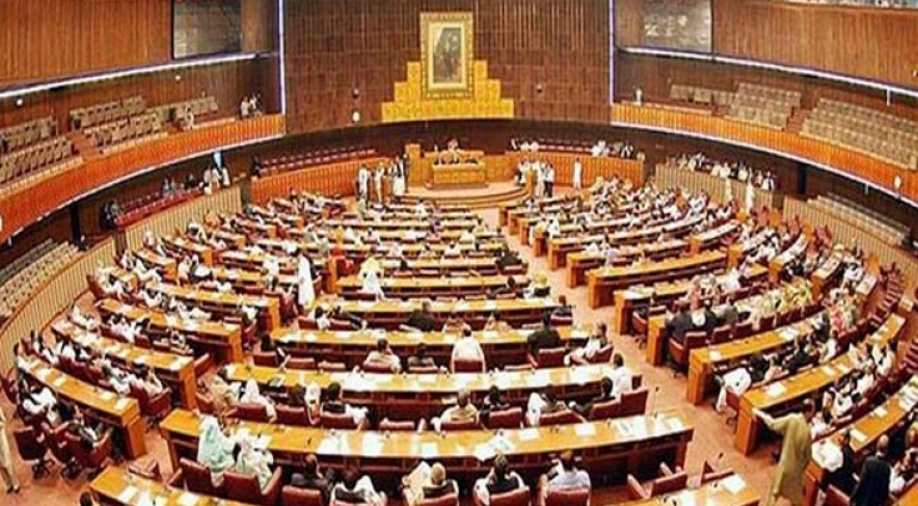ISLAMABAD, June 13 (NNN-APP) – The Pakistani government, on Friday, unveiled its budget for the fiscal 2020-21, amid economic slowdown and challenges triggered-off by the ongoing COVID-19 pandemic.
Federal Minister for Industries and Production, Hammad Azhar, presented the budget of 7,294.9 billion rupees (about 44.17 billion U.S. dollars), for the upcoming fiscal year starting from July 2020 to June 2021 at the lower house of the country’s parliament, after approval by cabinet.
In his speech in parliament, the minister said, COVID-19 seriously affected developing economies like Pakistan, and the pandemic affected not only the health sector but also social and economic implications.
Economic activity in the country slowed down due to lock-down imposed by the government, to stop the spread of the virus, and the whole activity also had a negative impact on the GDP rate and investment, he said.
No new income tax was imposed, as the government wants to enhance the tax net to make more people pay taxes, rather than levying more taxes on the taxpayers. The new budget also eyed on fiscal management, revenue mobilisation, measures for economic stabilisation and growth, reduction in non-development expenditures, boosting exports, job creation and people friendly policies for socioeconomic of the country.
A total of 1.3 trillion rupees have been allocated for defence expenditures, for the forthcoming financial year, Azhar said.
To contain COVID-19, the government allocated 70 billion rupees. For Special Economic Zones, to be built under the China-Pakistan Economic Corridor (CPEC), the government allocated 70 billion rupees, whereas 26 billion more will be spent on other CPEC projects, including a major railway project, Azhar said.
For science and technology, 20 billion rupees have been allocated, whereas five billion rupees more will go to educational reform.
The government also set inflation target for the forthcoming fiscal year at 6.5 percent.
Furthermore, the government has decided to postpone repayment of any foreign debt till FY2022, to divert critical resources to crisis management.
After the presentation of the budget, debate on the proposed budget will be followed in the succeeding sessions of the house, after which, it is likely to be approved from the lower house formally, by the end of this month. After approval from the lower house, the budget will be presented in the upper house.
Local analysts, public, and businessmen gave mixed reviews to the budget. Businessmen welcomed the budget for not imposing any extra taxes on them. However, they also expected some relief by the government, to help them survive during the pandemic.– NNN-APP






